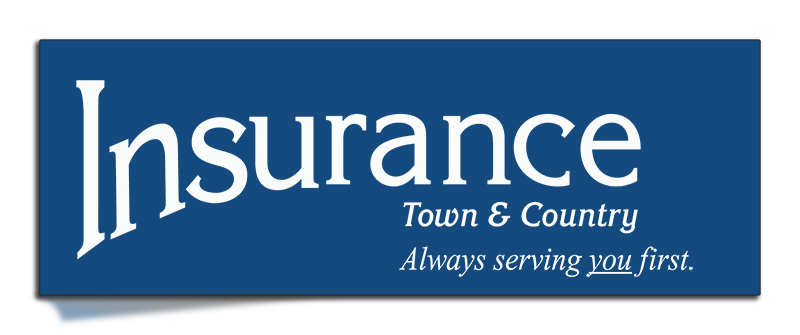Fireworks and the Fourth: 9 Tips For Safe Celebrations

I love a good professional fireworks show. I’ve watched the 4th of July Fireworks from the FDR highway in NYC. I’ve witnessed the pyrotechnics for what used to be the Windsor-Detroit International Freedom Festival from high up in a building on Woodward Ave.
But I’ll admit—I’m not a huge fan of consumer fireworks. It’s probably because my only experience with them resulted in me having to jump out of the way of a firework that fell right in my direction. That pretty much scared me from using anything more than sparklers.
I’m really lucky that I wasn’t injured that day, because as U.S. Consumer Product Safety Commission(CPSC) statistics show hundreds of people are injured every year by fireworks. The CPSC has put together a pretty great infographic on the subject.
Some key statistics:
- On average, 200 people go to the Emergency Room per day for fireworks-related injuries in the month surrounding the 4th of July (June 17–July 17).
- Hands and fingers are the most injured body parts, followed by the head, face, ears and eyes.
- 40% of the injuries happen to adults ages 25–44, 45% happen to people under age 24.
- 68% of those injured were male.
Surprised? I’m guessing you’re probably not. The numbers fell mostly where I thought they would. These numbers really illustrate how important it is for people of all ages to treat fireworks with respect. Read all of the warnings and use common sense.
On average, 200 people go to the Emergency Room per day for fireworks-related injuries in the month surrounding the 4th of July
That includes:
- Think twice about using fireworks if you currently live in an area experiencing very dry weather and elevated fire risks.
- Follow all laws! If fireworks are illegal in your area, don’t use them.
- Never allow young children to play with fireworks. Young children can very easily suffer burns from sparklers, which burn at 2,000 degrees.
- Have an adult closely supervise any older children using fireworks.
- Be careful when lighting the fuse. Don’t place any part of your body over the firework. Light only one firework at a time and back up to a safe distance immediately.
- Keep a bucket of water or a garden hose handy in case of fire or other mishap.
- Never try to re-light or pick up fireworks that have malfunctioned. Soak them and throw them away.
- Never point or throw fireworks at another person.
- Never carry fireworks in a pocket or shoot them off in metal or glass containers.
- After fireworks stop burning, douse it with plenty of water before discarding it.
Your safety is important to us. Enjoy the Holiday safely!
